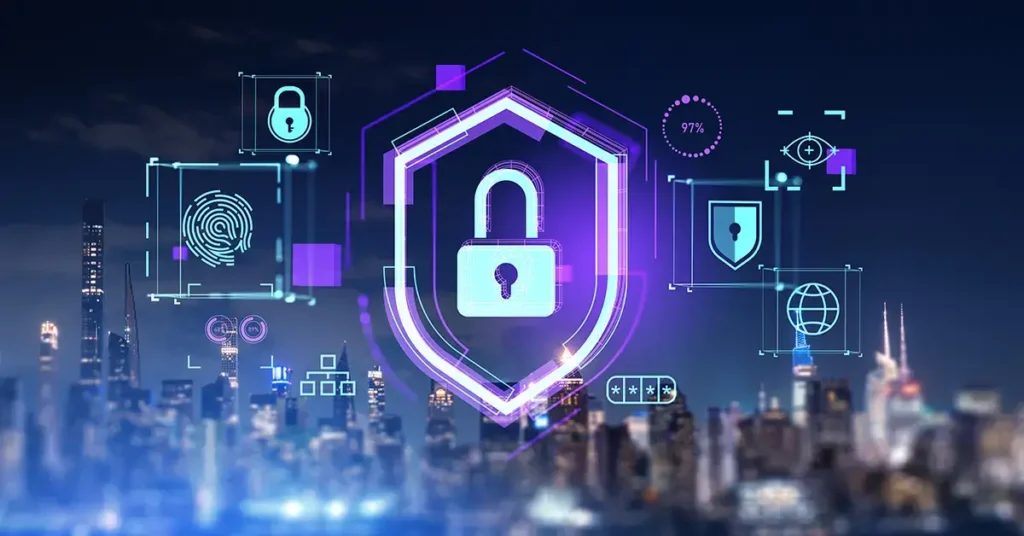Cybersecurity: Safeguarding the Digital Frontier

In an increasingly interconnected world, cybersecurity is more critical than ever. With the rise of remote work, cloud computing, and sophisticated cyber-attacks, businesses and individuals alike must prioritize safeguarding their data.
What is Cybersecurity?
Cybersecurity refers to the practices, technologies, and processes designed to protect computer systems, networks, and data from cyber threats like hacking, malware, and phishing. It encompasses various fields, including network security, information security, and application security.
Why is Cybersecurity Important?
As the digital landscape expands, so do the risks associated with it. From large-scale data breaches that expose sensitive information to ransomware attacks that cripple entire organizations, the consequences of weak cybersecurity can be devastating. Beyond financial losses, cyber-attacks can erode trust in a brand, lead to legal consequences, and cause irreparable damage to a company’s reputation.
Key Cybersecurity Use Cases
- Network Security: Protecting the integrity and privacy of data as it is transmitted across networks.
- Endpoint Security: Safeguarding devices like computers, smartphones, and tablets from cyber threats.
- Cloud Security: Securing data stored in cloud environments, ensuring compliance with data protection regulations.
Emerging Cyber Threats
- Ransomware: A type of malware that locks users out of their systems or encrypts their data until a ransom is paid.
- Phishing: Attackers pose as trustworthy entities to trick individuals into revealing sensitive information like passwords or credit card numbers.
- Zero-Day Exploits: Cyber-attacks that occur on the same day a vulnerability in a system is discovered and exploited before it can be fixed.
The Future of Cybersecurity
- Artificial Intelligence in Cybersecurity: AI is increasingly being used to predict and identify potential security threats before they occur.
- Quantum Computing and Encryption: While quantum computing poses a threat to traditional encryption methods, it also offers new ways to secure data.
- Increased Focus on Privacy: With regulations like GDPR and CCPA, businesses must focus on protecting user privacy and ensuring data transparency.